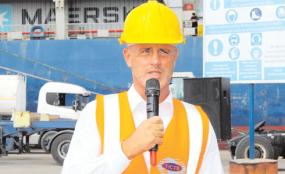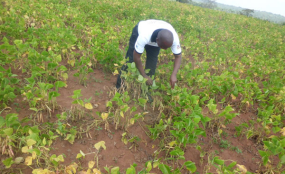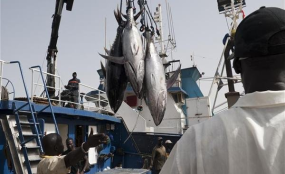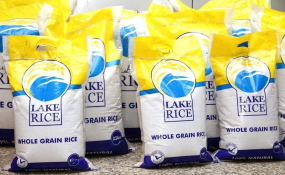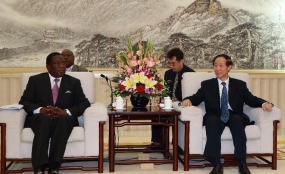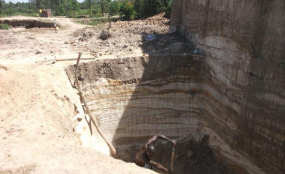By Ludger Kasumuni
Dar es Salaam — Transporters are now demanding to be refunded over Sh900 million by Tanzania International Container Terminal Services (Ticts) after the government barred the firm from charging scanning fees on transit cargo.
A board member of the Tanzania Trucks Owners Association (Tatoa), Mr Rahim Dossa, said yesterday that transporters would file fresh requests with the Surface and Marine Regulatory Authority (Sumatra) for refund of fees charged by Ticts for two weeks.
However, Ticts ruled out the possibility of transporters being refunded, with a top official of the cargo handling firm saying they levied the charges following a directive by the authorities.
Ticts chief executive Jered Zerbe told The Citizen that the charges were imposed after a directive by the Tanzania Revenue Authority (TRA).
Mr Dossa, on the other hand, said Tatoa members had in two weeks paid Ticts hundreds of millions of shillings in container scanning fees.
Transporters paid an average of $30,000 (Sh65.3 million) daily, meaning that importers and exporters of transit cargo paid a total of about $420,000 (Sh915.6 million) in a fortnight.
“We are now processing fresh complaints that we will lodge with Sumatra. We are demanding that Ticts refund money paid as scanning fees, which have now been scrapped.
“The fees were illegal because they had not been approved by Sumatra. They also did not impose the charges in accordance with existing regulations,” Mr Dossa said.
The Vice President of the Tanzania Association of Transporters (TAT), Mr Omari Kiponza, also supported demands for a refund, saying the fees were illegal.
Reached for comment, Sumatra director general Gerald Ngewe said yesterday that the regulator was ready to hear fresh complaints about the fees charged by Ticts.
“During our meeting last Saturday we did not discuss the issue, but we are ready to discuss it once we receive official complaints,” he said.
For his part, Mr Zerbe said: “We are happy that, based on meetings on December 24, Sumatra and TRA have accepted the proposal hence transit and import containers will not be subjected to any TRA verification/intervention fees. The cargo will be scanned using exiting Port Gates hence there will be no additional charges applicable.”
On Monday, the government, through Sumatra, ordered Ticts to stop charging scanning fees on transit goods passing through Dar es Salaam Port.
Mr Ngewe told The Citizen on Monday that the regulator held an emergency meeting on Saturday during which a decision was made to scrap extra fees charged by Ticts on transit goods.
“In my capacity as head of the regulatory authority, I issued a directive that the extra charges be stopped.”
Mr Dossa said the meeting was attended by all stakeholders, including Ticts, Tatoa, Tanzania Association of Transporters, Taffa, TRA and Tanzania Harbours Authority.
He added that Sumatra resolved that containers should not go through scanning at an early stage of loading cargo at the port, but at the exit stage, which does not require payment of extra charges.
Mr Zerbe told The Citizen that they had agreed with the directive because the scanning of transit goods was done at the exit stage.
He said Ticts imposed the fees in response to a directive issued by TRA that all inbound and outbound containers be scanned before exit.
On Saturday, The Citizen carried an exclusive story revealing the new port charges and the concern they had raised among transporters and transit cargo importers.
Those who opposed the fees argued they increased the cost of doing business due to multiple taxes being charged on the same cargo.

